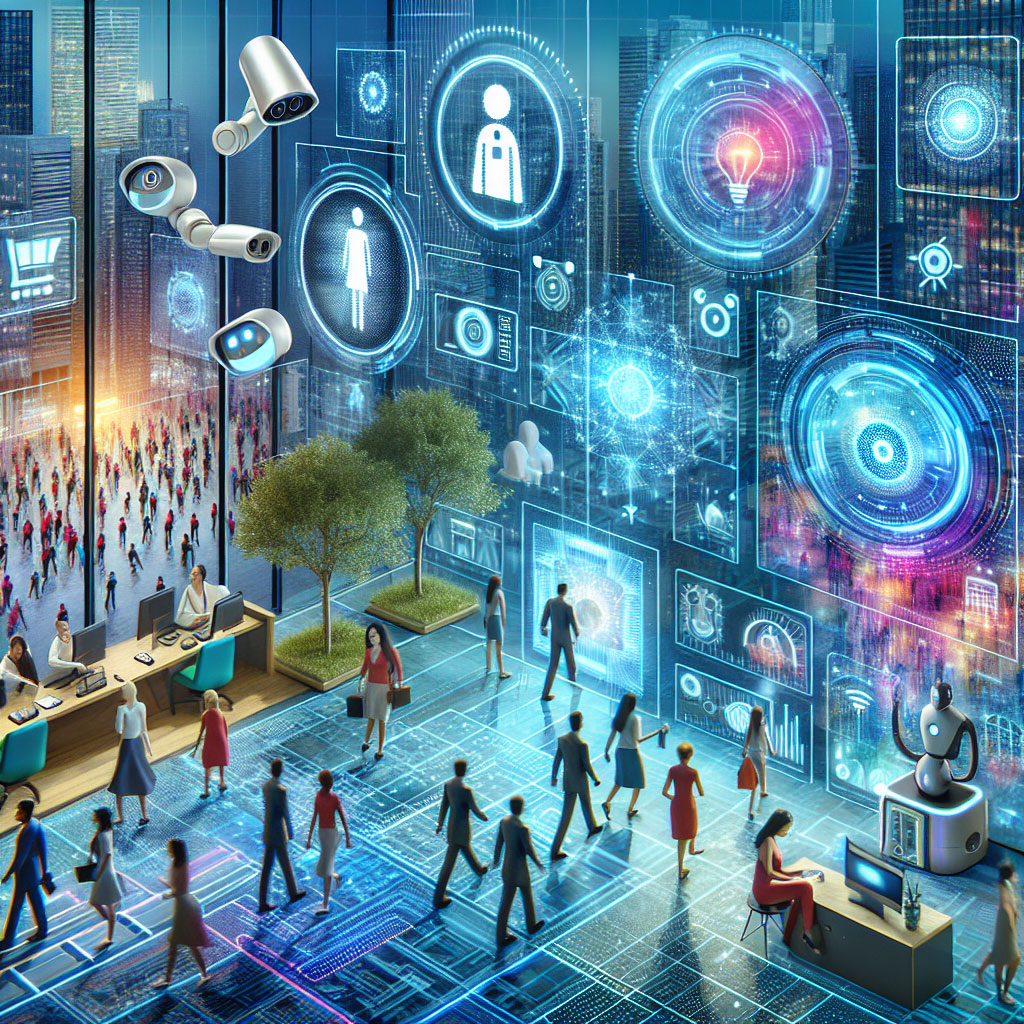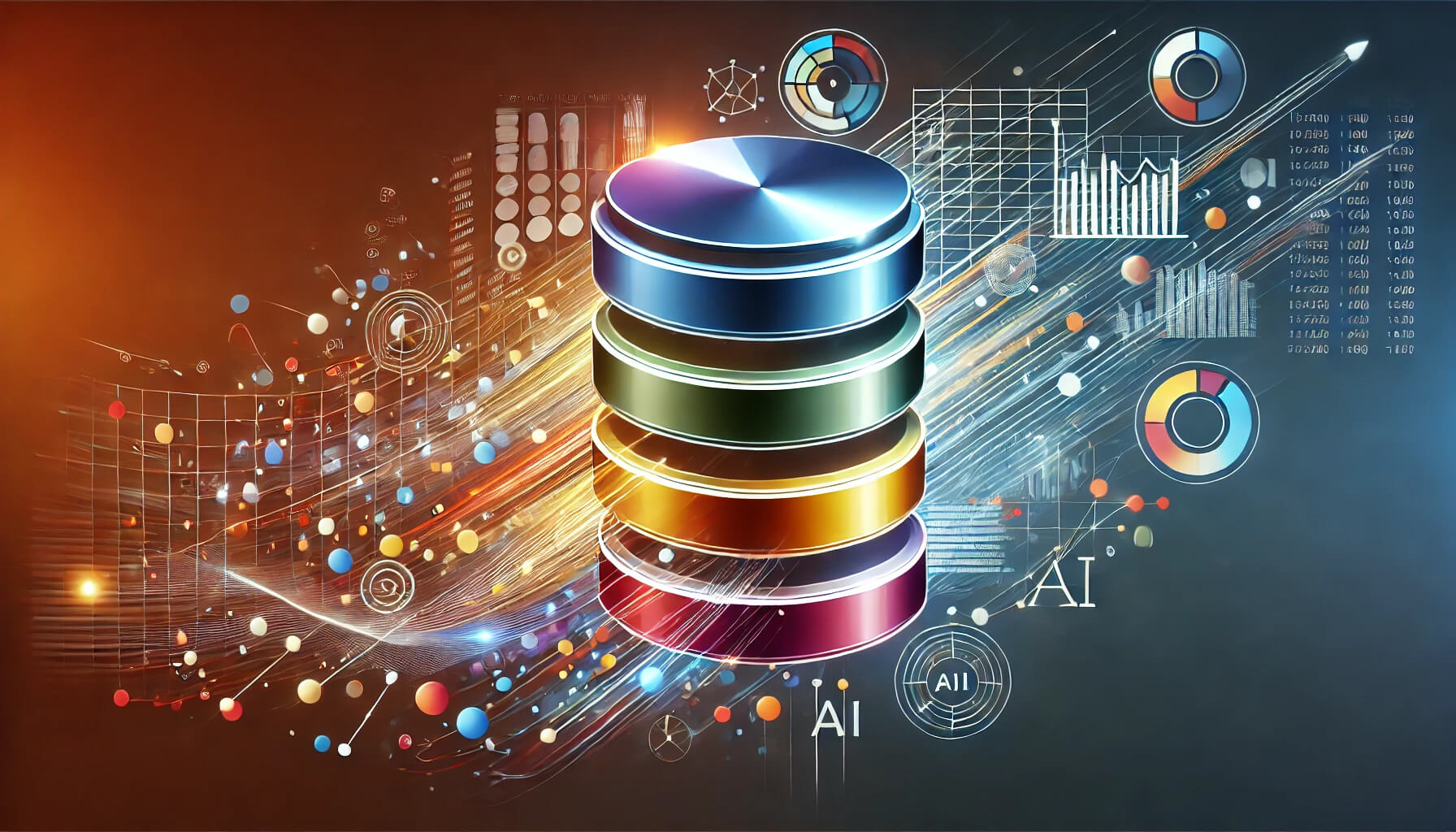
Adaptive AI Use Cases in Financial Services, Healthcare, and Retail

Adaptive Artificial Intelligence (AI) is revolutionizing industries across the globe by leveraging machine learning algorithms and data analytics to adapt and improve over time. Financial services, healthcare, and retail are three such industries where the transformative power of AI is being demonstrated. It detects fraud, personalizes banking, and assesses risks in real-time in financial services. In healthcare, it aids diagnosis, monitors patients, and accelerates drug discovery. In retail, it offers personalized experiences, optimizes inventory, and implements dynamic pricing. Adaptive AI empowers businesses to deliver exceptional services, improve decision-making, and enhance customer satisfaction. To highlight how adaptive AI is delivering significant benefits, we’ll look at some use cases throughout these growing sectors.
3 Adaptive AI Use cases in Financial Services
- Fraud Detection and Prevention: Financial institutions face constant threats from fraudulent activities. Adaptive AI can analyze vast amounts of data, detect patterns, and identify anomalies in real-time, enabling proactive fraud detection and prevention.
- Personalized Banking Experiences: Adaptive AI algorithms can analyze customer data to deliver highly personalized banking experiences. From tailored product recommendations to personalized financial advice, adaptive AI enhances customer satisfaction and engagement.
- Risk Assessment and Management: Adaptive AI models can assess risk factors in real-time and make accurate predictions. Financial institutions can leverage this technology for credit scoring, investment risk assessment, and portfolio management, leading to improved decision-making.
3 Adaptive AI Use Cases in Healthcare
- Medical Diagnosis and Treatment: Adaptive AI excels in analyzing medical data, including patient records, lab results, and medical images. It aids healthcare professionals in diagnosing diseases, suggesting treatment plans, and predicting outcomes, leading to faster and more accurate healthcare interventions.
- Patient Monitoring and Predictive Care: Adaptive AI can monitor patients’ health status in real-time, analyzing data from wearable devices, electronic health records, and other sources. It can detect early warning signs, predict deteriorating conditions, and recommend timely interventions, improving patient outcomes.
- Drug Discovery and Development: Adaptive AI accelerates the drug discovery process by analyzing vast amounts of biomedical data and identifying potential drug candidates. It helps researchers optimize drug design, predict drug efficacy, and streamline clinical trials, ultimately leading to faster and more efficient drug development.
3 Adaptive AI Use Cases in Retail
- Personalized Customer Experiences: Adaptive AI enables retailers to deliver personalized shopping experiences. By analyzing customer data, purchase history, and browsing behavior, retailers can offer tailored product recommendations, personalized offers, and customized marketing campaigns, enhancing customer engagement and loyalty.
- Inventory Management and Demand Forecasting: Adaptive AI models can analyze historical sales data, market trends, and external factors to accurately forecast demand and optimize inventory management. Retailers can reduce stockouts, minimize excess inventory, and streamline supply chain operations, leading to improved efficiency and profitability.
- Dynamic Pricing Strategies: Adaptive AI algorithms can analyze market conditions, competitor pricing, and customer behavior to optimize pricing strategies in real-time. Retailers can implement dynamic pricing models that maximize revenue, respond to market fluctuations, and optimize pricing for individual customers.
The Growing Potential of Adaptive AI
Adaptive AI is transforming the financial services, healthcare, and retail sectors by delivering enhanced decision-making, improved operational efficiency, and personalized customer experiences. The use cases highlighted in this article are just a glimpse of the vast potential of adaptive AI in these industries. As technology continues to evolve, businesses across various sectors must embrace adaptive AI to remain competitive, drive innovation, and unlock new opportunities. By leveraging the power of adaptive AI, these industries can reimagine their processes, deliver better outcomes, and create value for their customers and stakeholders.
Apexon delivers advanced analytics, allowing for greater business insights. Because digitization has made data analytics a growing priority for executives today, a deeper understanding of data can enable businesses to realize the benefits of adaptive AI more quickly. Check out Apexon’s Data Analytics and AI/ML services or get in touch with us directly using the form below.
Also read : Why Vector Databases Matter in Designing AI-Enabled Solutions
Also read: Transforming Supply Chains with Generative AI – Part 2
Also read: Understanding Agentic Systems in Modern Technology




